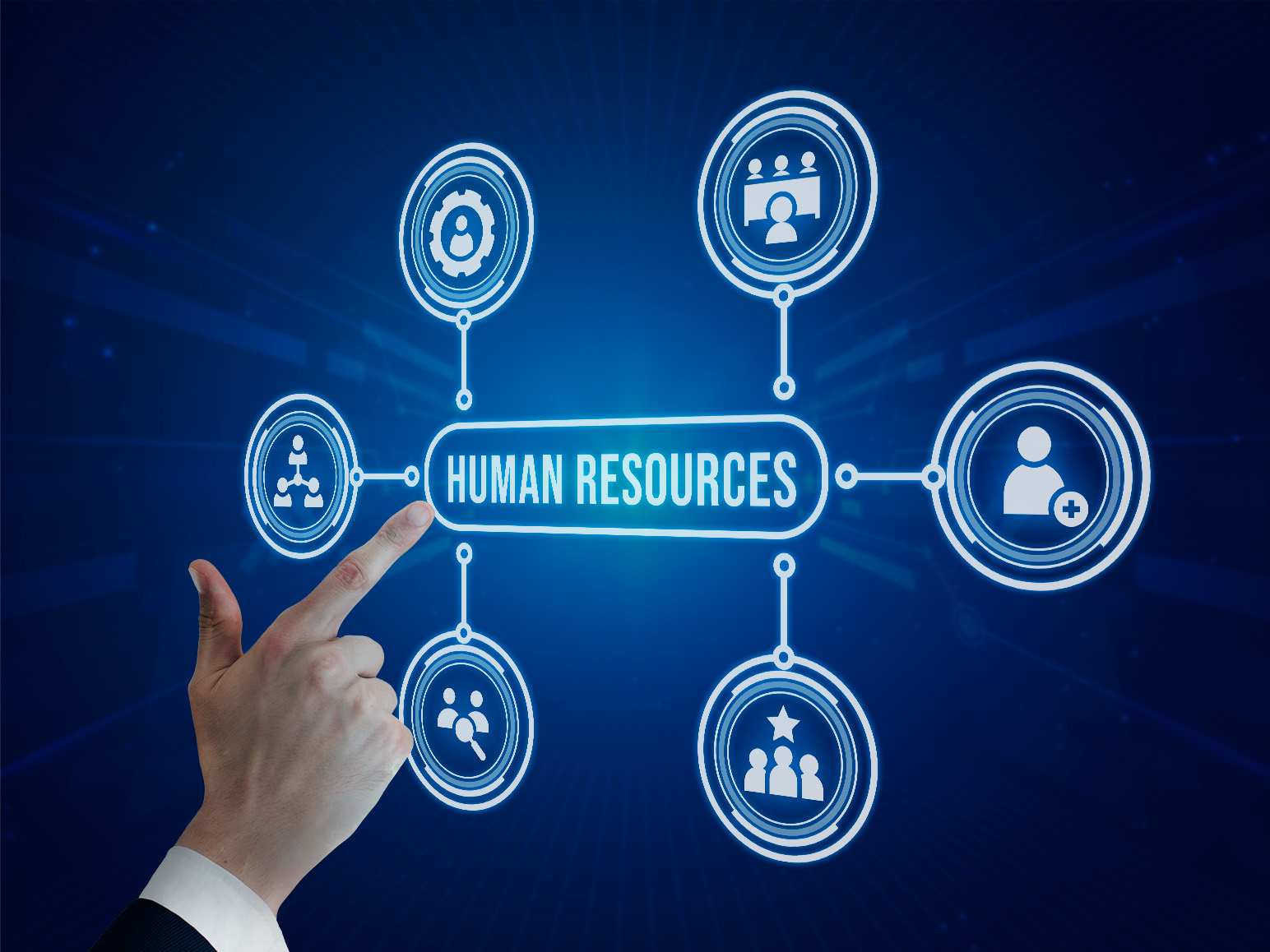Introduction
In the fast-paced world of business, where innovation is the key to survival, the campus recruitment process remains one of the most crucial yet time-consuming endeavors for companies. Among the many recruitment avenues, campus hiring stands as a bridge connecting fresh talent with corporate aspirations. However, the traditional campus hiring process often resembles a convoluted maze that companies must navigate. Enter automation – the superhero of modern HR practices. In this article, we’re about to embark on a journey through the transformational landscape of campus recruitment, exploring how companies are embracing automation to make the process not only hassle-free but also exciting and dynamic.

The Traditional Campus Hiring Process: A Long and Winding Road
Picture this: stacks of resumes, bustling job fairs, auditoriums buzzing with nervous energy, and HR professionals attempting to keep up with schedules that seem to multiply faster than rabbits. This is the backdrop against which the traditional campus hiring process unfolds.
Companies traditionally identified target universities and colleges, organized campus visits, conducted pre-placement talks, administered tests and interviews, and then waded through heaps of paperwork before finally extending job offers. This multi-step dance was time-consuming, resource-intensive, and often riddled with inconsistencies in candidate evaluation.
Enter the Hero: Campus Recruitment Automation
Just when it seemed like the traditional recruitment process was here to stay, campus recruitment automation emerged as the caped crusader ready to save the day. Automation has revolutionized how companies interact with prospective candidates and how candidates experience the campus recruitment process.
By automating various aspects of campus recruitment, companies have unlocked a treasure trove of benefits. First, efficient candidate sourcing and outreach have become a breeze. With AI-powered tools that can identify candidates with the right skill sets from a vast pool, recruiters can now focus their attention where it matters most.
Automated scheduling and communication have also become par for the course. Gone are the days of endless back-and-forth emails to align schedules. Automated systems effortlessly coordinate interviews and keep candidates in the loop, resulting in a smoother experience for everyone involved.
From Resumes to Rockets: AI-Powered Evaluations
One of the most transformative aspects of campus recruitment software is AI-powered resume screening and skill assessment. The days of manually sifting through resumes like an archaeologist examining ancient relics are over. With AI, the process is not only faster but also fairer, as biases are minimized.
Companies are using sophisticated algorithms to analyze resumes and match candidates with job requirements. The result? A streamlined shortlisting process that identifies the best fits with uncanny accuracy.
Virtual Realities and Interviews from Outer Space
As if that wasn’t exciting enough, welcome to the realm of virtual campus interviews and simulations. Companies are stepping into the future by leveraging technology to create immersive interview experiences. Candidates find themselves in simulated work scenarios, tackling challenges and showcasing their skills in innovative ways.
Imagine a candidate entering a virtual office, solving problems in zero gravity, or demonstrating coding prowess on a virtual Mars rover. These experiences not only make interviews fun but also provide unique insights into candidates’ abilities to thrive in diverse environments.
Data-Driven Decision-Making: Analytics at Your Fingertips
Remember those endless spreadsheets that HR professionals used to decipher in search of trends and patterns? They’re now relics of the past, thanks to data-driven decision-making fueled by automation. With advanced analytics tools, companies can analyze campus recruitment metrics, evaluate the effectiveness of different strategies, and make informed choices for the future.
Success Stories: Automation in Action
Let’s delve into two success stories that showcase how companies are leveraging campus recruitment automation:
Case Study 1: Company X’s Transformation
Company X was no stranger to the headaches of traditional campus hiring. Administrative nightmares, scheduling conflicts, and the sheer volume of resumes had become overwhelming. Enter automation. By adopting an automated hiring system, Company X saw a seismic shift.
Gone were the days of manual resume screenings and scheduling acrobatics. The system’s AI-driven algorithms identified top candidates with astonishing precision. Automated interviews, complete with VR simulations, not only thrilled candidates but also provided Company X with deeper insights into their potential.
The results were nothing short of astounding. The recruitment cycle time was slashed by 40%, and the quality of hires showed a noticeable improvement. Moreover, candidates raved about the unique and engaging interview process, which boosted Company X’s employer brand.
Case Study 2: Company Y’s AI Odyssey
Company Y’s approach to campus recruitment automation was even more futuristic. They harnessed AI to assess not just resumes but the potential of candidates. By analyzing candidates’ online presence, open-source contributions, and coding skills, Company Y could predict a candidate’s suitability even before the first interview.
Virtual reality played a central role in Company Y’s strategy. Candidates navigated through virtual environments, showcasing their problem-solving skills and adaptability. The result was a team of employees who not only excelled in their roles but also embraced the company’s tech-forward culture.
Challenges and Future Prospects
Of course, no journey is without its challenges. Some companies hesitate to embrace automation due to the fear of job displacement or concerns about impersonal interactions. Addressing these fears through effective communication and demonstrating the ways online recruiting enhances, rather than replaces, human involvement is crucial.
As we peer into the future, exciting trends emerge. Machine learning algorithms are becoming even more adept at predicting a candidate’s cultural fit and potential for growth. Ethical considerations surrounding data privacy and algorithmic bias are sparking discussions that will shape the ethical landscape of automated recruitment.
Conclusion: A New Era of Hiring Adventures
In conclusion, automation is not just a tool; it’s a new adventure for both companies and candidates. With the shackles of the traditional campus hiring process broken, recruiters are free to explore innovative methods of finding the best talent. Candidates, on the other hand, get to experience a campus recruitment process that’s exciting, engaging, and tailored to their strengths.
As automation continues to evolve, the role of HR professionals transforms into that of strategists and facilitators. The campus recruitment process becomes less about administrative tasks and more about building connections and nurturing talent.
So, whether it’s navigating virtual interview galaxies or deciphering the nuances of AI-powered analytics, one thing is clear: automation has propelled campus recruitment into a realm of endless possibilities, and the adventure has only just begun.
Frequently Asked Questions
Does automation replace human involvement in campus recruitment?
No, automation does not replace human involvement; rather, it complements it. While automation handles repetitive and time-consuming tasks, human touch remains essential for building relationships, making strategic decisions, and assessing cultural fit. HR professionals can use automation to streamline their processes and allocate more time to meaningful interactions with candidates and strategic planning.
What are the main benefits of adopting automated campus recruitment?
Adopting campus recruitment automation brings several benefits. It reduces recruitment cycle time, increases efficiency, and ensures consistent evaluation of candidates. It also minimizes biases in the selection process, improves candidate experience, and provides data-driven insights for better decision-making. Overall, automation optimizes the entire recruitment journey.








